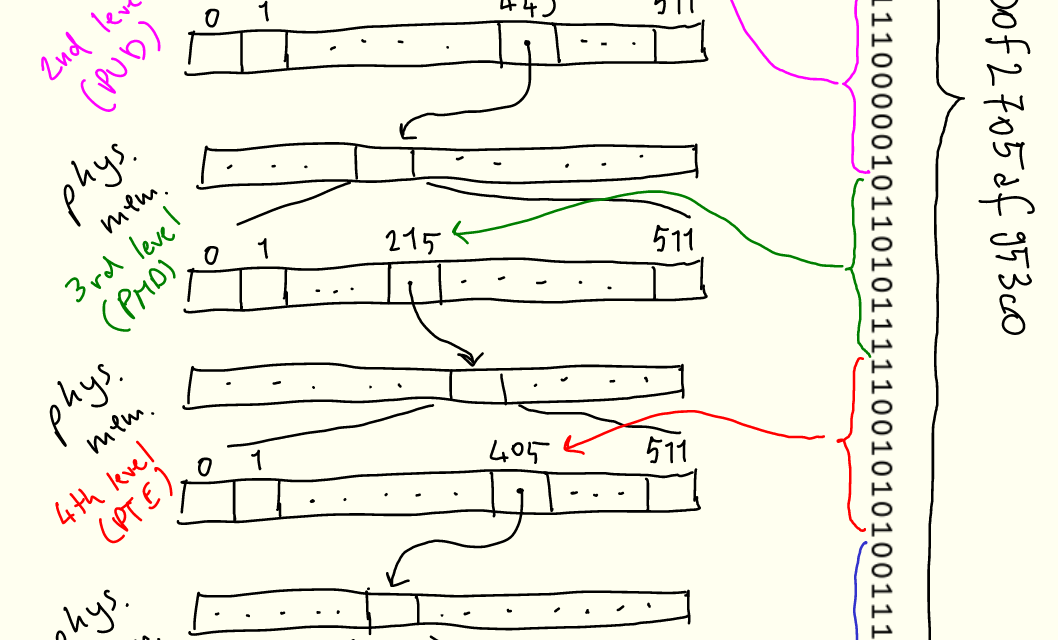In February, BYD overtook a Volkswagen’s joint venture in China (SAIC-Volkswagen) to become the second-largest passenger vehicles maker in the country, thanks to a surge in the company’s plug-in hybrid vehicles sales, industry data showed on Tuesday. Another Volkswagen Chinese joint venture, FAW-Volkswagen, kept its top seller position.
Why it matters: This marks the first time that sales of a Chinese automaker have overtaken that of a long-established Volkswagen joint venture, as homegrown private companies ride a wave of strong demand for electric vehicles.
- Volkswagen has set up two main joint ventures in China with state-owned carmakers, SAIC and FAW Group. The FAW-Volkswagen has maintained its top position while BYD surpassed SAIC-Volkswagen in February.
Details: Last month, BYD’s passenger vehicles retail sales grew 340% from last year to 89,000 units. Retail sales of SAIC-Volkswagen dropped by 19% to around 80,000 vehicles compared to the same timeframe the previous year, according to figures published Tuesday by the China Passenger Car Association (CPCA).
- SAIC-Volkswagen was slightly ahead of BYD in wholesale performance, moving 91,000 vehicles compared to the 90,000 units dispatched by BYD in February.
- FAW-Volkswagen led wholesale and retail sales figures last month, sold 129,000 and 105,000 vehicles, respectively.
Why BYD sold well: Industry analysts attributed BYD’s rising sales to stronger domestic demand for plug-in hybrid cars and the company’s capability to offer a wide range of plug-in hybrids.
- BYD’s performance was buoyed by rising oil prices in recent months, resulting in the growing popularity of plug-in hybrids in the country, CPCA secretary general Cui Dongshu said during a Tuesday online briefing.
- Plug-in hybrids are generally more energy-efficient than petrol cars and much cheaper than all-electrics. BYD, a major player in the segment, was able to grab market share from traditional carmakers, according to Cui.
- BYD is the only Chinese company with a complete lineup of affordable and premium sedans, hatchbacks, and sports utility vehicles. That is a big reason why the company is taking advantage of the huge increase in demand for all-electrics and plug-in hybrids, said Tu Le, managing director of consultancy Sino Auto Insights.
- Another reason for their success is that BYD is the only Chinese automaker vertically integrated, manufacturing its own batteries and chips, Le said, adding that it could be difficult for its competitors to keep up due to their reliance on parts suppliers to ensure production.
Context: The Shenzhen-based BYD has also seen faster growth in electric vehicles sales, recording a more than sevenfold sales growth year-on-year in February with 88,283 deliveries, which were almost evenly split between all-electrics and plug-in hybrids.
- The Warren Buffett-backed auto giant is expected to achieve sales of 1.3 million vehicles in 2022, a 78% increase from a year earlier, Chinese outlet Jiemian reported on March 3, citing analysis from Citigroup.
Jill Shen is Shanghai-based technology reporter. She covers Chinese mobility, autonomous vehicles, and electric cars. Connect with her via e-mail: jill.shen@technode.com or Twitter: @yushan_shen
More by Jill Shen
Note: This article have been indexed to our site. We do not claim legitimacy, ownership or copyright of any of the content above. To see the article at original source Click Here













